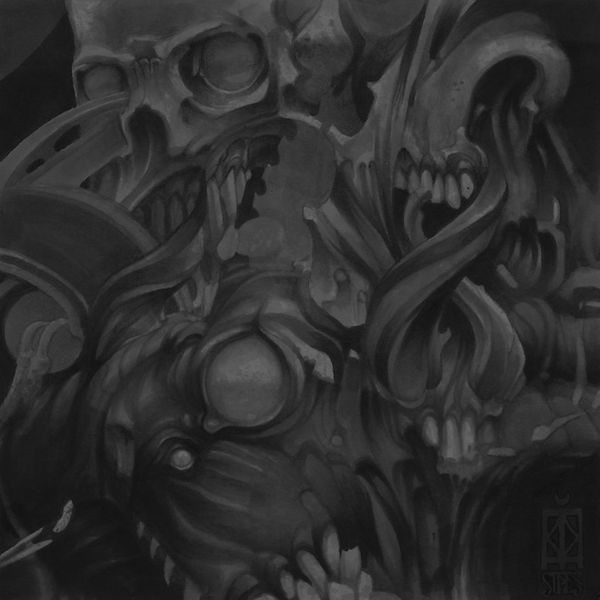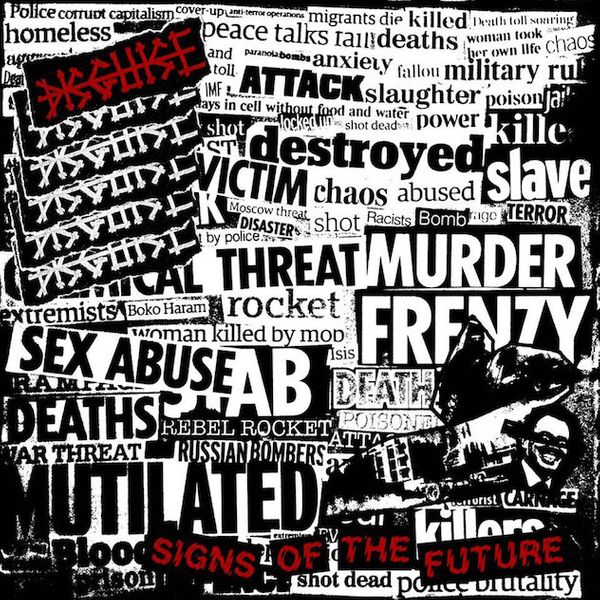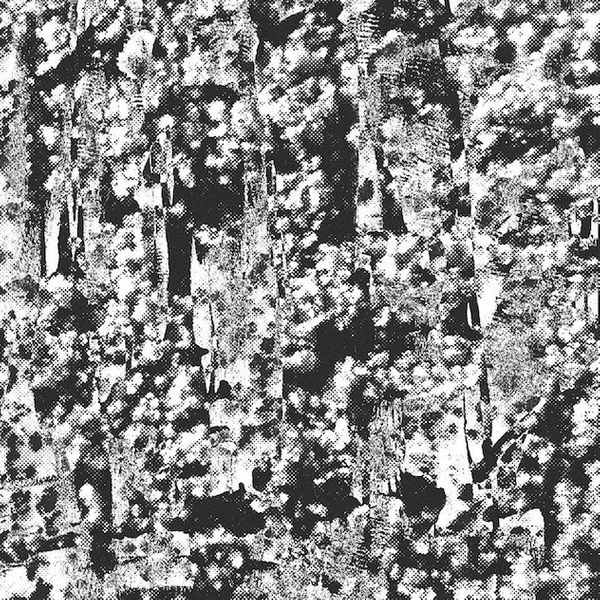Hollywoodfun Downstairs: Tetris
 True story: I was actually listening to a radio interviewee explain how playing the video game Tetriscan rewire your brain, when Tetris, the latest album from New Zealand three-piece Hollywoodfun Downstairs (HFD), dropped into my mailbox. That aforementioned interviewee talked a lot about ‘The Tetris Effect’, which occurs when people focus their energies so intently on an activity that it ends up having a profound effect on their thinking. You might think a syndrome like that would have little to do with an ear-splitting album from a new wave noise punk band like HFD. But I think you could make a pretty good case that the Wellington band’s new album is shaped, in part, by The Tetris Effect.
True story: I was actually listening to a radio interviewee explain how playing the video game Tetriscan rewire your brain, when Tetris, the latest album from New Zealand three-piece Hollywoodfun Downstairs (HFD), dropped into my mailbox. That aforementioned interviewee talked a lot about ‘The Tetris Effect’, which occurs when people focus their energies so intently on an activity that it ends up having a profound effect on their thinking. You might think a syndrome like that would have little to do with an ear-splitting album from a new wave noise punk band like HFD. But I think you could make a pretty good case that the Wellington band’s new album is shaped, in part, by The Tetris Effect.
I don’t mean that HFD have been inspired by playing a lot of Tetris. (Although, their new album is definitely a kaleidoscopic brain-twister. So who knows?) What I really mean is that HFD have obviously devoted huge amounts of creative energy and attention to Tetris, and the steadfastly DIY band sound totally rewired as a result. Tetris’ defining feature is its blistering intensity, which captures HFD’s live energy, and I’m guessing some of that palpable ferocity was influenced by the band jetting off to Europe a number times over the past few years to play a punishing schedule of shows.
HFD have clearly taken those experiences and combined them with more aggressive artistic objectives, and Tetris features a pronounced shift in the band’s accent and attitude. The album sees a more confident, challenging, and confrontational band emerging, transforming HFD into an even more fascinating group. The band’s last album, 2015’s Reactions, was filled with stop-on-a-dime punk and pop hooks. But Tetris is a massive step up from Reactions, and HFD’s tone and temper are amplified tenfold as they explore harsher and heavier musical spheres.

In truth, HFD were already becoming more hyperkinetic with every release. But the key difference on Tetris is that the band have jettisoned most of the pop to bring the noise. Tracks like “Your~Mediums”, “Tides”, and the bass-grinding “?Trolling” feature violent volleys of guitars and percussion, spiked with sharp melodic salvos. HFD’s guitarist and vocalist Kurt Williams, bassist Grant Gall, and drummer Joe Wright generate giant waves of chaotic hardcore injected with bursts of melody on gripping tracks like “Shocking by the Glove”, “+Blackbirds+”, and “Dresden Dreams” as well. And all of Tetris’ songs essentially leave you hanging on for dear life.
If you’re looking for happy, sing-along moments, forget it. It’s hard enough finding room to breathe amongst HFD’s mind-melting arrangements and torrents of brutal guitar. Most of Tetris sounds like Retox jamming with an acid-fried Refused and a sky-high At The Drive In. (And you could throw some warp speed Blood Brothers, Metz, and even a dash of Converge’s maniacal manoeuvring in there as well.) HFD don’t completely deny the pop elements of their past though. Tetris has some undeniably catchy riffs and vocal snares. It’s just that they’re delivered at a whirlwind pace, while being distorted into new forms.
I read a great description of grind punks The Locust once that said the band set their knee on the listener’s chest from the get-go, and never eased the pressure. That’s an apt metaphor for what HFD have achieved on Tetris too. The album stakes out its intentions immediately, and all the songs twist themselves inside out from thereon in with little regard for the listener’s comfort. Obviously, not everyone enjoys or wants a challenging album like that. But the rewards of Tetris are many. Especially when you consider the skill it takes to construct such an unrelenting yet utterly cathartic album.

HFD do step off the gas ever-so-slightly on passages in “Hungarian Tremors, No Wolf…”, “Reverse Ahoy”, and “Dead, Space, Fashion”. And that further allows you to appreciate just how much HFD’s songwriting has improved. You’d never have heard an industrial-strength song like “Daylight Snobbery” on any previous HFD release, because that track only comes from the band finding the confidence to fully explore just how far they can go. Tetris is loaded with tracks that do just that: see “Read-All-About-It” or “Joy’s a Parasite !!!” push themselves to red-line extremes while combining serrated hooks with breakneck propulsion.
One of the prime factors in Tetris’ success is that the album’s sheer ferocity never obscures its ingeniousness, and the album is an absolute colossus in sonic terms too. The drums hit with a knockout punch. The shock-and-awe guitars shred musically and psychologically. Williams’ howls and shrieks slice their way straight to your marrow. And Gall’s bass rumbles and tramples, driving tracks forward.
Tetris’ 12 songs were recorded in four days by James Goldsmith in Wellington. And then they were mixed and mastered by Chris Common (Le Butcherettes, Pelican, Chelsea Wolfe) at Common and Omar Rodriguez’s (Mars Volta, At The Drive In) studio in El Paso, Texas. That production assistance is obviously a coup for HFD, and the dimensions and impact of their sound on Tetris are testament to that. But, ultimately, it’s still Williams, Grant, and Gall’s musical chemistry that makes Tetris such a formidable album.
No other band in New Zealand is making music like HFD, and Tetris shifts the goalposts even further in that regard. Tetris is clearly a game-changing album for the band, not least because it’s the very definition of intensity. HFD carve out new creative territory while sounding rewired and honed to a razor’s edge, and Tetris is jam-packed with heart-pounding musicality. Tetris is a genuine tour de force. I couldn’t recommend it highly enough.



